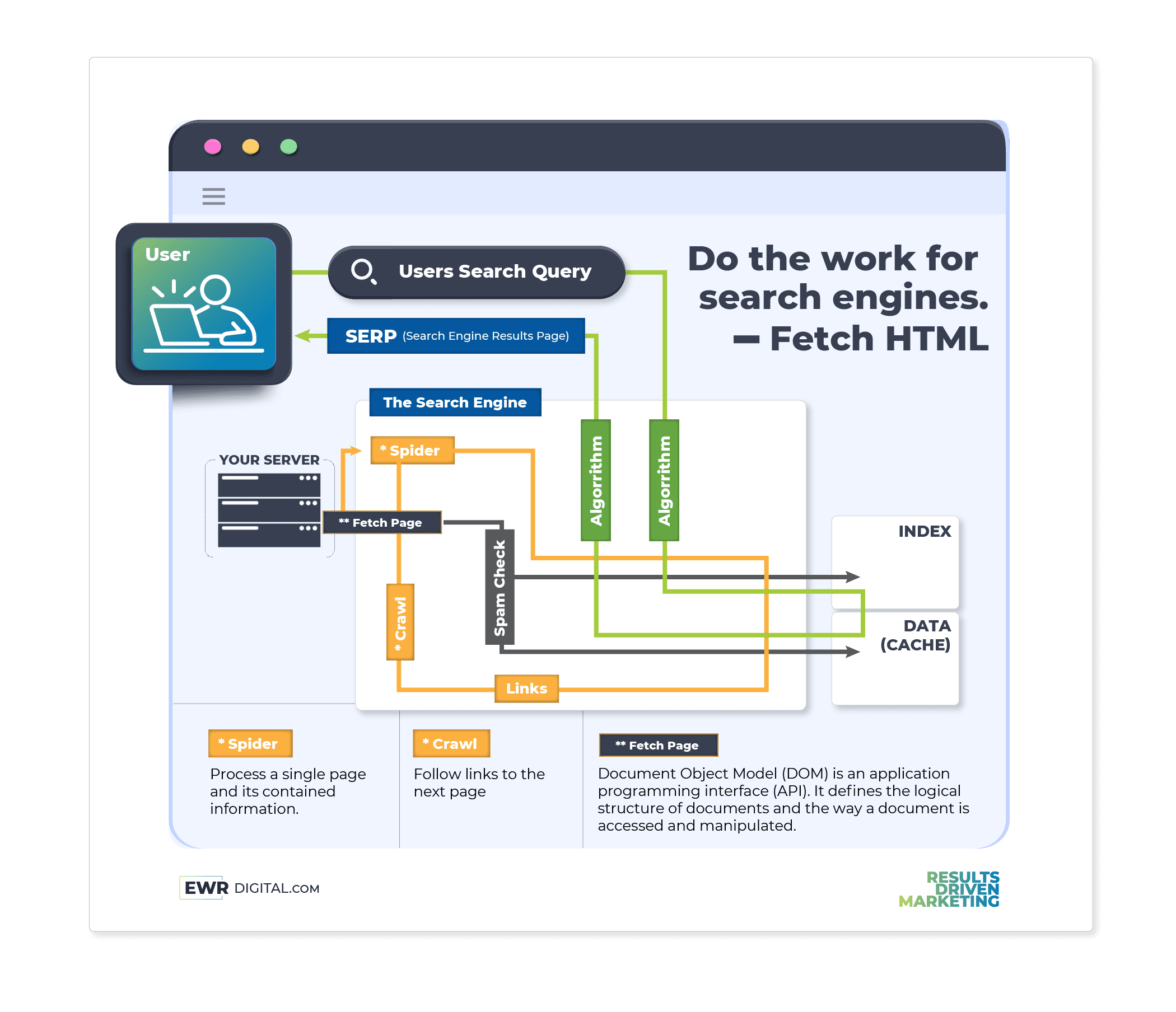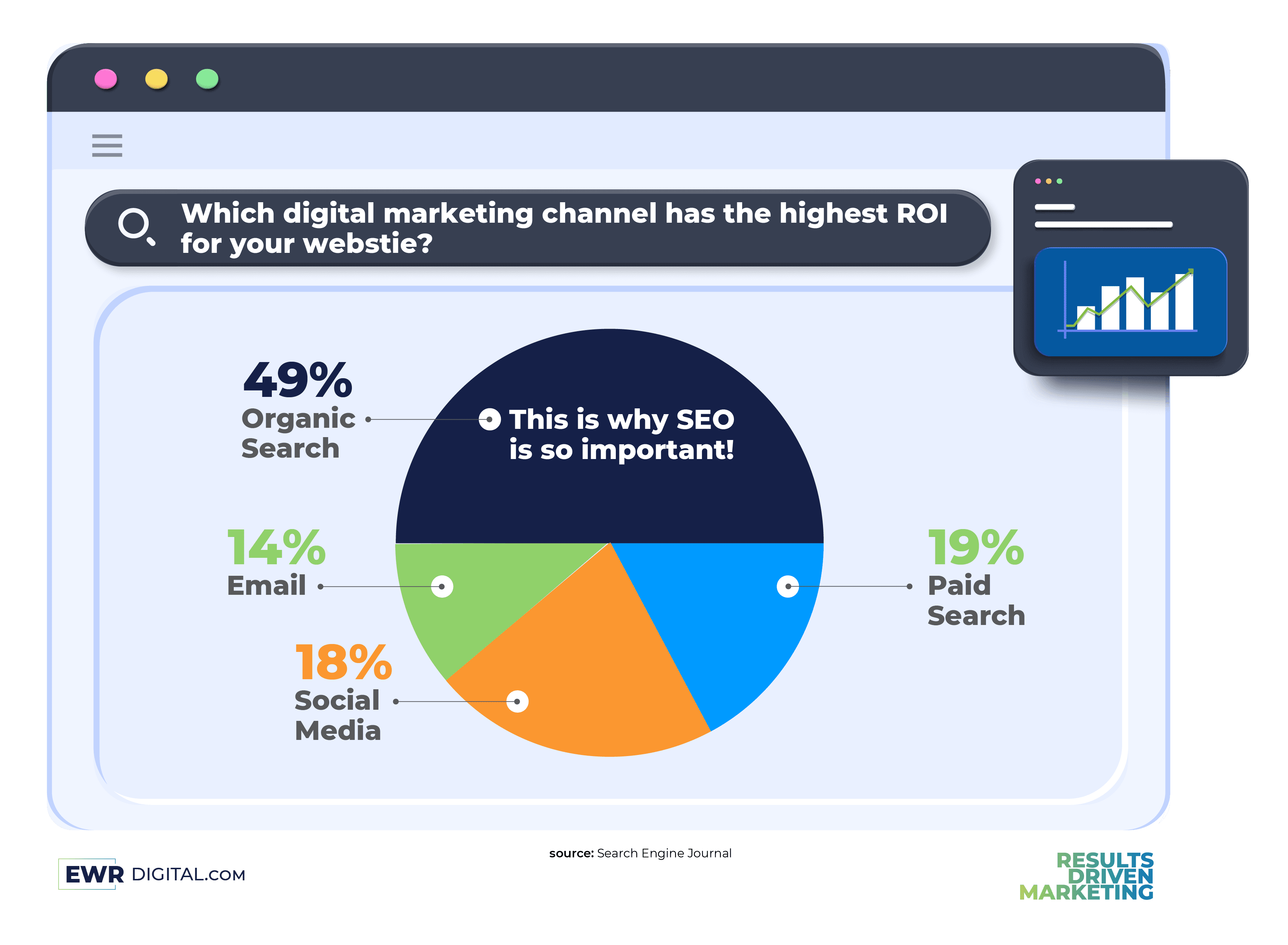
Over the last two decades, Google has reigned supreme as the go-to search engine for everyday queries, product research, and news updates. Its market dominance has made it a formidable force that’s hard to challenge. SEO and marketing professionals have primarily focused their efforts on optimizing content for Google’s search algorithms.
However, a new player has emerged in the form of OpenAI’s ChatGPT, which has piqued the interest of Google’s founders, Larry Page and Sergey Brin. This shift in attention towards AI-powered search engines raises questions about the future of search. In this article, we’ll explore the changing landscape of search engines, including emerging AI-powered options, revenue-sharing platforms, copyright-free search engines, and more.
Emerging AI-Powered Search Engines:
-
- Founded by Richard Socher, a renowned NLP researcher and former Salesforce chief scientist.
- Offers both personal and private modes, with personalization options and zero telemetry data recording.
- Provides AI-powered coding assistant (YouCode) and AI writing assistant (YouWrite).
- Encourages developers to contribute to an open and collaborative internet.
-
- Differentiates itself with a 90/10 revenue-sharing model, benefiting content creators.
- Directly rewards and compensates content creators with 90% of advertising revenue.
- Empowers users to support their favorite content creators while maintaining fair compensation.
-
- Ideal for finding copyright-free content such as music, images, and more.
- Ensures users can use content without copyright concerns.
- Utilizes AI to enhance search results’ accuracy and relevance.
Mainstream Search Engines:
-
- Holds a significant market share, with Microsoft sites handling a quarter of US search queries.
- Features a rewards program and a superior visual search API.
- Announced an AI-powered version to improve search results and content generation.
-
- Maintains an 11.2% search market share as of January 2022.
- Offers diverse services beyond search, including email, news, and finance.
- Focusing on making search more appealing.
Privacy-Focused Search Engines:
-
- Promises privacy by not collecting or storing personal information.
- Perfect for users concerned about their online privacy.
- Offers a mobile version, DuckDuckGo Lite.
-
- Delivers Google’s search results without tracking or storing user data.
- Provides a URL generator, proxy service, and HTTPS support for enhanced privacy.
-
- A family-friendly semantic search engine that respects users’ privacy.
- Utilizes AI to understand user queries and improve accuracy over time.
-
- Offers “Uncensored Private Search” without retargeting or selling private data.
- Claims to be faster than NSA search engines.
Knowledge-Based Search Engines:
-
- Pulls results from thousands of wikis, emphasizing community-led information.
-
- An excellent real-time search engine for minute-by-minute updates.
-
- Enables searching for slideshow presentations, ebooks, and PDFs.
-
- Allows researching old websites and accessing a vast online library.
Browser-Based Search:
-
- A privacy-focused web browser that blocks trackers and ads by default.
- Offers advanced security features and rewards for privacy-preserving ads.
-
- Provides a private, ad-free, and customizable browsing experience.
- Includes expert-recommended shopping results and recipe filters.
Specialized Search Engines:
-
- A computational knowledge engine for solving problems and accessing expert-level data.
-
searX :
- A free, open-source metasearch engine that doesn’t track users.
International Search Engines:
-
- The largest search engine in China, offering various services.
-
- Widely used in Russia, Belarus, Kazakhstan, Turkey, and Ukraine.
-
- A growing Chinese search engine with AI algorithms.
-
- The largest search engine in South Korea, tailored to the Korean market.
While Google remains the most popular search engine, the emergence of alternative search engines offers diverse benefits, including enhanced privacy and specialized search capabilities. As artificial intelligence continues to shape the future of search, the search engine landscape is poised for significant changes in the coming years. It’s worth exploring these alternatives to find the best search experience for your specific needs and priorities.
EWR Digital is working to understand all the search engine algorithms and be a expert and thought leader in the Search Marketing space.

